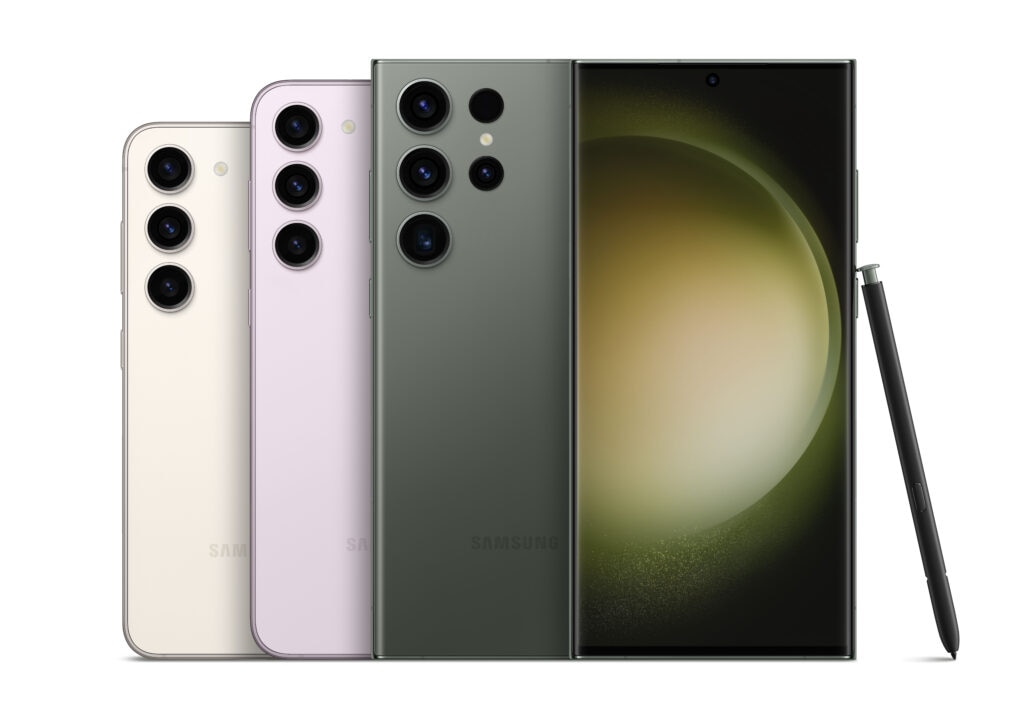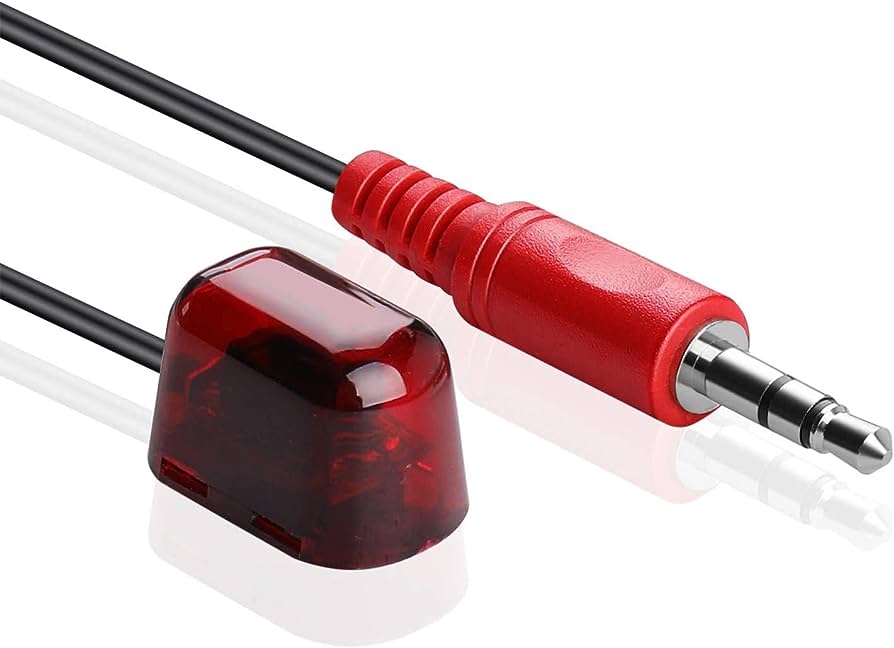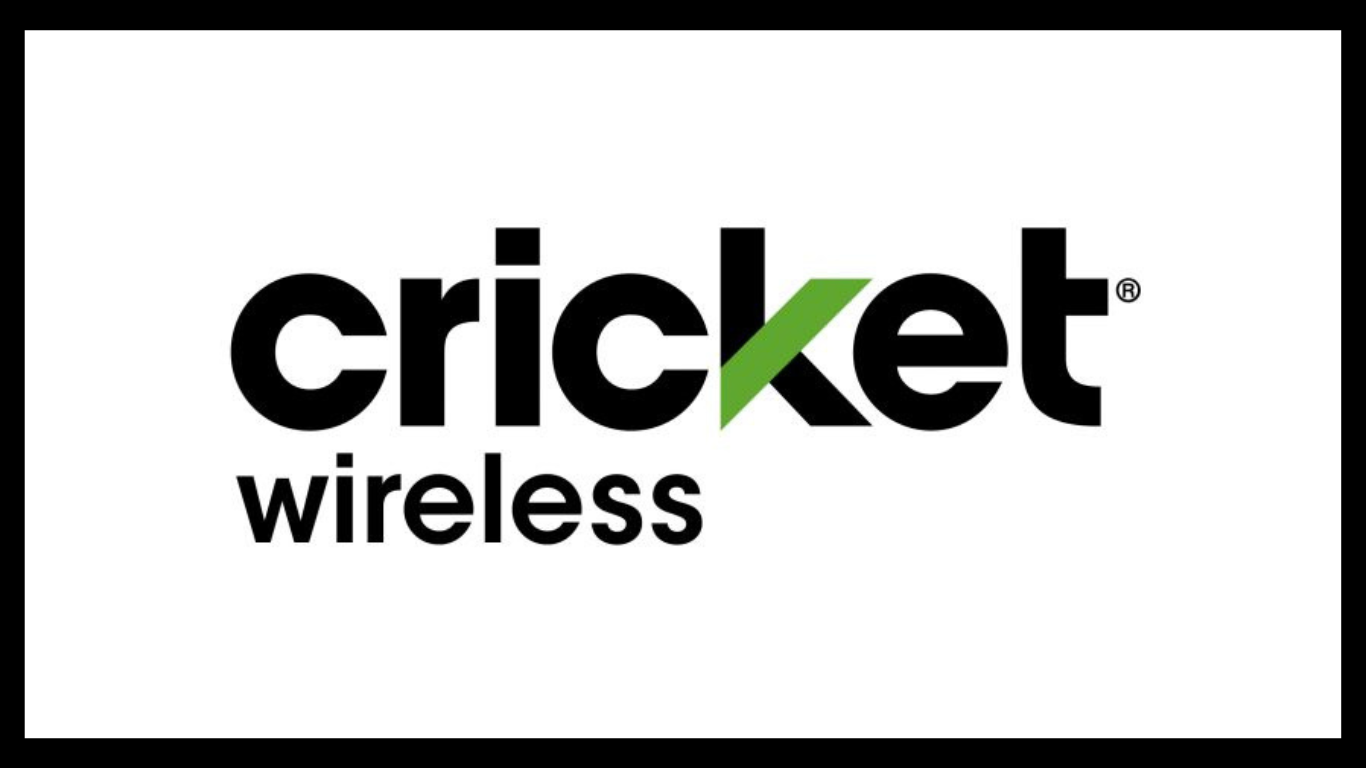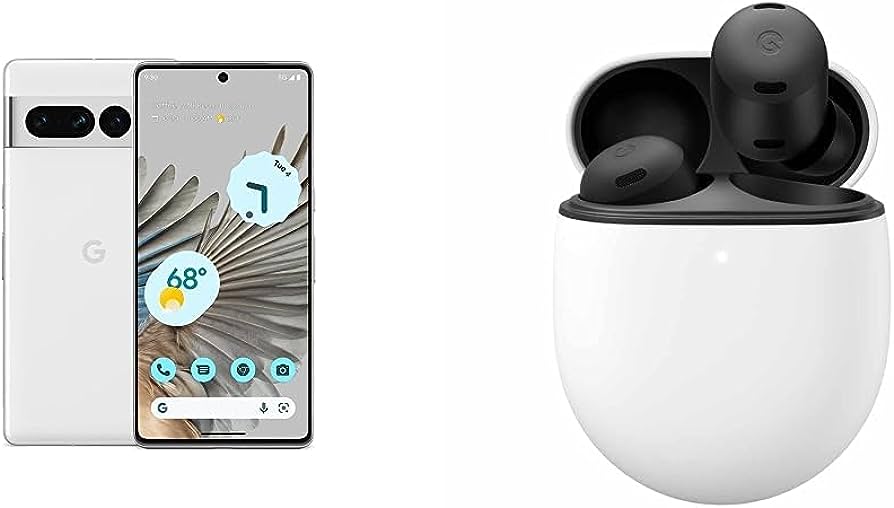How Fast is 5G Internet? Unleash Lightning-Fast Speeds!
5G internet commonly offers speeds around 100–300 Mbps, reaching up to 1,000 Mbps depending on the plan and cell service quality in your area. With faster speeds than previous wireless generations, 5G is not guaranteed to be faster than reliable cable internet connections.
While 5G is known for its speed, WiFi still provides a faster and more reliable internet connection.
Understanding The Speed Potential Of 5G Internet
5G internet is a game-changer in terms of speed, surpassing previous wireless generations. The promises and expectations for 5G internet are immense. When it comes to speed capabilities, 5G technology is capable of providing speeds around 100-300 Mbps for home internet.
However, it is important to note that 5G internet speeds can reach up to 1,000 Mbps, depending on the plan and cell service quality in your area. With such high speeds, 5G internet offers a significant improvement over cable connections.
It is important to mention that while 5G internet has the potential to be faster than home internet, the actual speeds you experience may vary based on factors such as network congestion and signal strength. Overall, 5G Internet is set to revolutionize the way we connect and experience the online world.


Credit: www.t-mobile.com
Real-World Speed Tests: How Fast Is 5G Internet?
Unveiling the blistering speeds achieved by 5G internet, it’s important to conduct real-world speed tests to measure its performance. Comparing 5G speeds with previous wireless technologies, it’s evident that 5G home internet commonly gives you speeds around 100–300 Mbps. However, 5G internet speeds can reach up to 1,000 Mbps, depending on the plan and quality of cell service in your area.
Is 5G faster than cable internet? While 5G internet is capable of reaching higher wireless speeds than previous generations, it’s important to note that you’re not guaranteed the highest speeds and may not surpass reliable cable connections. Therefore, when it comes to evaluating the speed of 5G internet, it’s crucial to consider the plan and cell service quality in your specific location.
Factors Affecting The Speed Of 5G Internet
Factors Affecting the Speed of 5G Internet include network infrastructure, signal strength, and device compatibility. The network infrastructure plays a crucial role in determining the speed of 5G internet. The quality of cell service in your area and the plan you have will affect the speeds you can achieve.
Signal strength is another important factor. The closer you are to a 5G tower, the stronger the signal and the faster your internet speeds will be. Additionally, the compatibility of your device with 5G technology can impact performance. Not all devices are equipped to handle the full capabilities of 5G, so it’s essential to have a device that is compatible with the network.
Understanding these factors will help you maximize the speed and performance of your 5G internet connection.
Pushing The Boundaries: Potential Applications Of Ultra-Fast 5G Internet
5G internet is revolutionizing remote work and telecommuting, empowering the Internet of Things (IoT) with lightning-fast connectivity, and transforming industries with real-time data transfer and edge computing. With speeds ranging from 100-300 Mbps and the potential to reach up to 1,000 Mbps, 5G home internet offers fast and reliable connectivity for various applications.
Whether you’re working from home, managing smart devices, or utilizing edge computing, 5G Internet provides the bandwidth and low latency required for seamless operations. The possibilities are endless as 5G pushes the boundaries of what’s possible in terms of speed and connectivity.
Say goodbye to slow downloads and buffering, and say hello to a future where ultra-fast 5G internet enables new technologies and enhances our digital experiences. The era of 5G is here, and it’s transforming the way we connect, communicate, and work.
Frequently Asked Questions Of How Fast Is 5G Internet?
How Fast Is 5G Internet In Mbps?
5G internet typically has speeds around 100–300 Mbps, reaching up to 1,000 Mbps depending on the plan and cell service quality in your area. Compared to WiFi, 5G is generally faster but can be less reliable. WiFi, when combined with a reliable router and internet plan, offers a faster and more stable connection.
However, it’s important to note that the actual speeds you experience may vary depending on network congestion and other factors.
Is 5G Faster Than My Home Internet?
5G internet speeds can vary, but they have the potential to reach up to 1,000 Mbps, depending on the plan and cell service quality in your area. This means that in some cases, 5G can be faster than your home internet.
However, it’s important to note that 5G speeds are not guaranteed to be faster than a reliable cable connection. While 5G is capable of delivering higher wireless speeds than previous generations, factors such as network congestion and signal strength can affect the actual speed you experience.
On the other hand, WiFi, when combined with a reliable router and internet plan, offers a faster and more reliable connection than 5G. So, while 5G has the potential to be faster, it’s important to consider other factors and ensure that you have a stable and reliable home internet connection.
How Fast Is 5G Compared To Wifi?
5G is typically faster than WiFi, but it may not always be more reliable. The speed of 5G internet can reach up to 1,000 Mbps, depending on your location and plan. WiFi, on the other hand, can provide a faster and more reliable internet connection when you have a good router and a reliable internet plan.
While 5G offers higher wireless speeds compared to previous generations, the reliability of the connection can be a challenge. Therefore, when it comes to speed and reliability, WiFi is often a better option.
Is 5G Faster Than Fiber?
5G internet commonly gives speeds around 100-300 Mbps, but it can reach up to 1,000 Mbps depending on your location and cell service quality. However, comparing 5G to fiber, fiber optic technology still offers faster and more reliable internet speeds.
Fiber can provide speeds of up to 1 Gbps or even faster. While 5G is faster than previous wireless technologies, it may not match the speed and stability of a fiber connection. Fiber optic cables can handle much higher bandwidth and have less latency, making them ideal for heavy internet usage and high-demand activities like streaming gaming, and video conferencing.
So, if you prioritize speed and reliability, fiber internet is still the better option compared to 5G.
Conclusion
5G internet has revolutionized the way we connect and access information. With speeds reaching up to 1,000 Mbps, 5G offers lightning-fast internet speeds that can greatly enhance our online experiences. Whether you’re streaming videos, participating in online gaming, or working remotely, 5G internet ensures that you have a seamless and lag-free connection.
It surpasses the speeds provided by previous wireless generations and offers a competitive alternative to traditional cable connections. However, it’s important to note that the actual speed you experience may vary depending on your location and the quality of your cell service.
While 5G internet is incredibly fast, it’s important to consider the reliability of your connection. WiFi, when combined with a reliable router and internet plan, offers a faster and more reliable internet connection. Overall, 5G internet has the potential to transform the way we live, work, and interact with the digital world.




